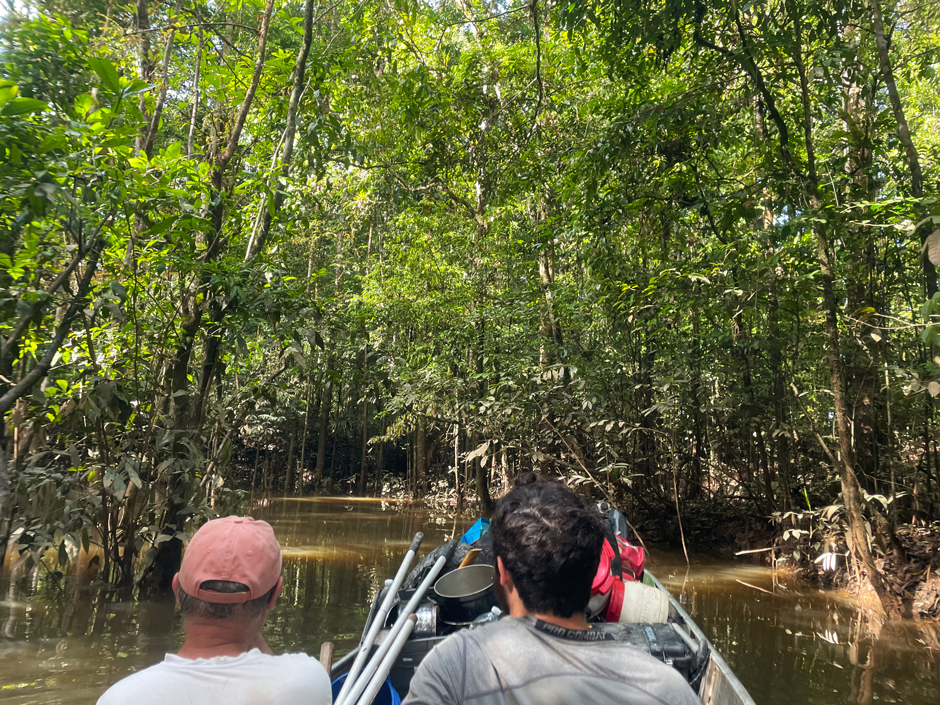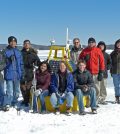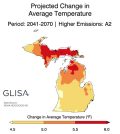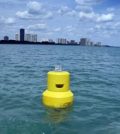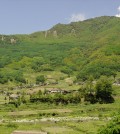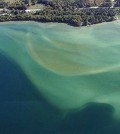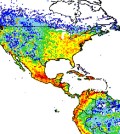Posts for tag "Michigan State University"
Microbes and Human Health: Aquatic Microbial Communities May Hold Clues about How Deadly Pathogens Spread
Understanding how the interactions between microbial communities and their ecosystems breed pathogens may be beneficial for human health.
- Posted March 13, 2023
Is eradicating Great Lakes sea lamprey an “impossible dream?” Researchers say no
Sea lamprey control in the Great Lakes has been a success. Is eradication possible?
- Posted August 4, 2020
From Acid Rain to Cyanobacteria, Cary Institute of Ecosystem Studies is a Leader in Environmental Monitoring
New York’s Cary Institute has a long history of important environmental monitoring contributions, from pivotal acid rain research to long-term road salt monitoring.
- Posted December 6, 2018
Healthy Lakes Have Real, Calculable Value for Humans
Interdisciplinary research provides an in-depth look at how humans and lakes affect each other, and how we value healthy lake ecosystems.
- Posted October 11, 2018
Fragile Water Infrastructure, Often On the Verge of Collapse
Researchers are working on interdisciplinary teams to address the challenge of water infrastructure in jeopardy across the country.
- Posted January 12, 2018
Groundwater Depletion Causing Surprising Rise in Atmospheric Carbon Dioxide
Synthesizing years of information about U.S. aquifers in a new way leads to estimate of CO2 emissions from groundwater depletion.
- Posted December 7, 2017
Irrigation Schedulers, Soil Moisture Sensors Outpace Older Farming Methods
Farmers have all sorts of old-fashioned methods for assessing the moisture of soil. From just visually inspecting crops to judging moisture based on how deeply a shovel can penetrate, farmers have found ways to get by. More...
- Posted July 12, 2016
Climate Report Looks At Michigan Public Health Impacts
A new report released by researchers at Michigan State University and the University of Michigan describes changing climate conditions as threats to public health in the state, according to a release. Those conditions include things like warmer...
- Posted May 19, 2016
Beach Buoy Data Puts E. Coli Modeling Through Paces
Results of a long-term E. Coli modeling effort backed by Chicago beach buoy data show a predictive modeling approach is better than traditional methods.
- Posted May 13, 2016
Water Testing Requirements For Farmers Change With New Food Safety Law
Many preventive measures implemented under the Food Safety Modernization Act become final in 2015 and 2016. The bill, passed in 2011, is meant to make preventing contamination of America’s food supply a priority over responding to it....
- Posted April 6, 2016
China’s Forests Rebounding With National Conservation Program
China’s forests have suffered in the past, thanks to decades of logging, floods and farmland conversion. But it looks like they may be on the rebound in recent years, according to scientists at Michigan State University. The...
- Posted April 5, 2016
Return Of Algae Spurs Study Of Michigan’s Torch Lake
After a second year of unexplained algal blooms on Michigan’s Torch Lake, the water body will soon come under scrutiny from scientists at Michigan State University, according to the Traverse City Record-Eagle. Residents living around the lake...
- Posted October 15, 2015
Map Reveals Rotavirus Pathogen Emission Rates In Global Waterways
A map of rotavirus pathogen emission rates in waterways around the world highlights a need for improved wastewater infrastructure in many regions.
- Posted July 24, 2015
Study Reveals Pollen Particles Impact Cloud Formation
Effects of pollen are largely unexplored when it comes to atmospheric studies because the particles are simply too large. But one team of scientists, driven by curiosity, began researching how smaller pollen particles impact the atmosphere. The...
- Posted May 22, 2015
Michigan State’s new water science network takes aim at big problems
Michigan State University has established a new water science network with aims to improve access to clean, safe water around the world, according to a release. The network launch is the next step following the creation of...
- Posted April 3, 2015


